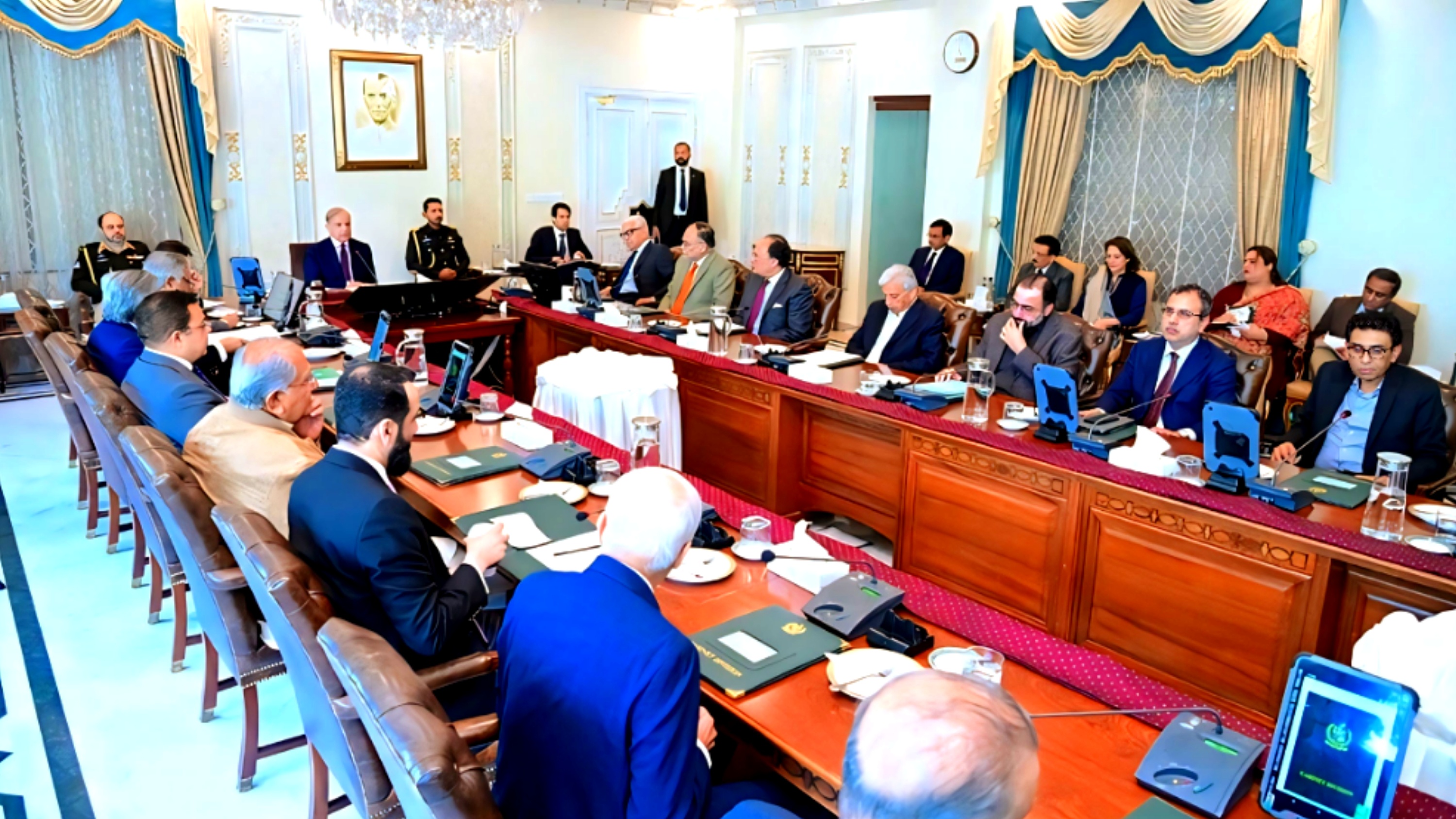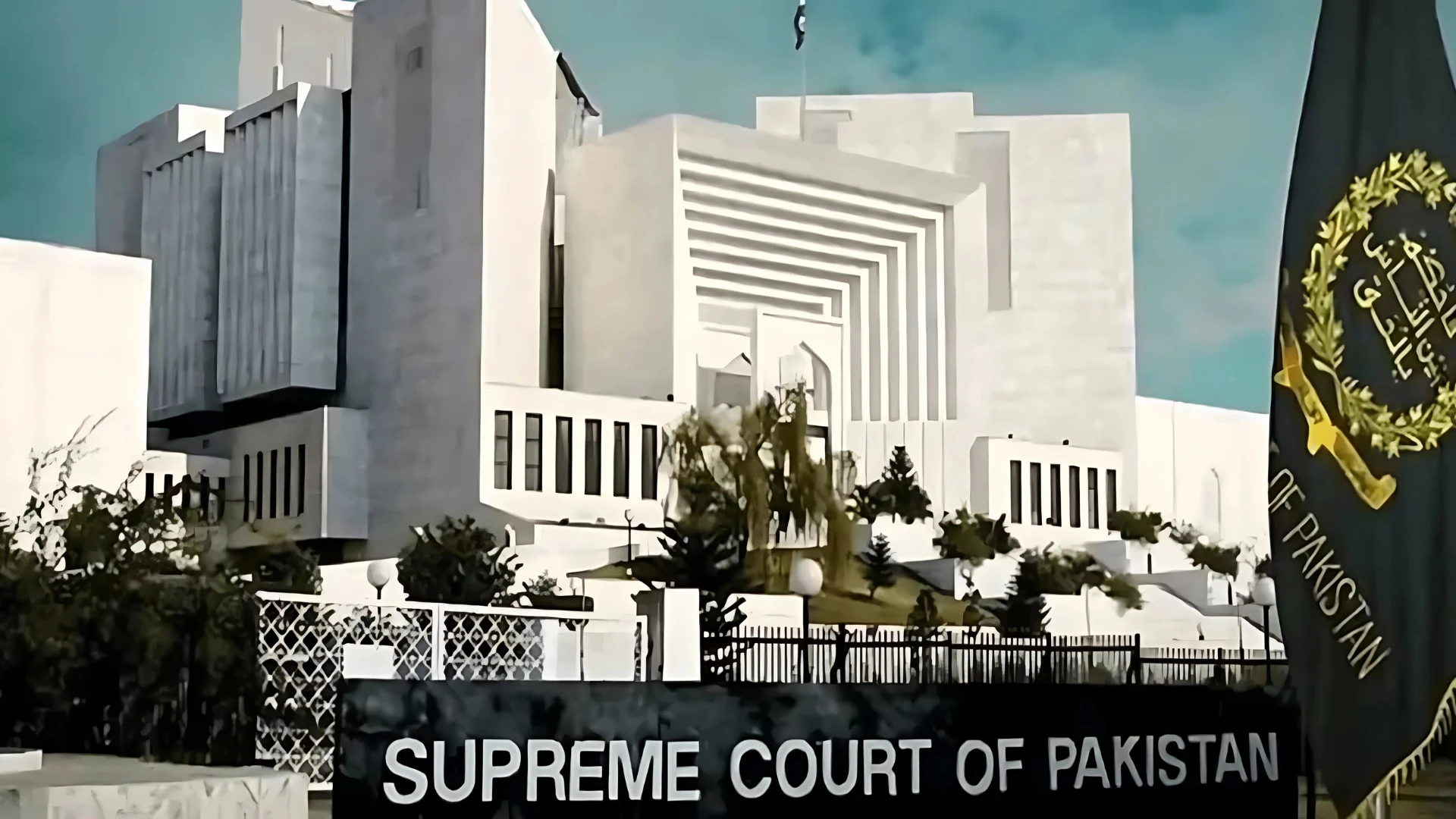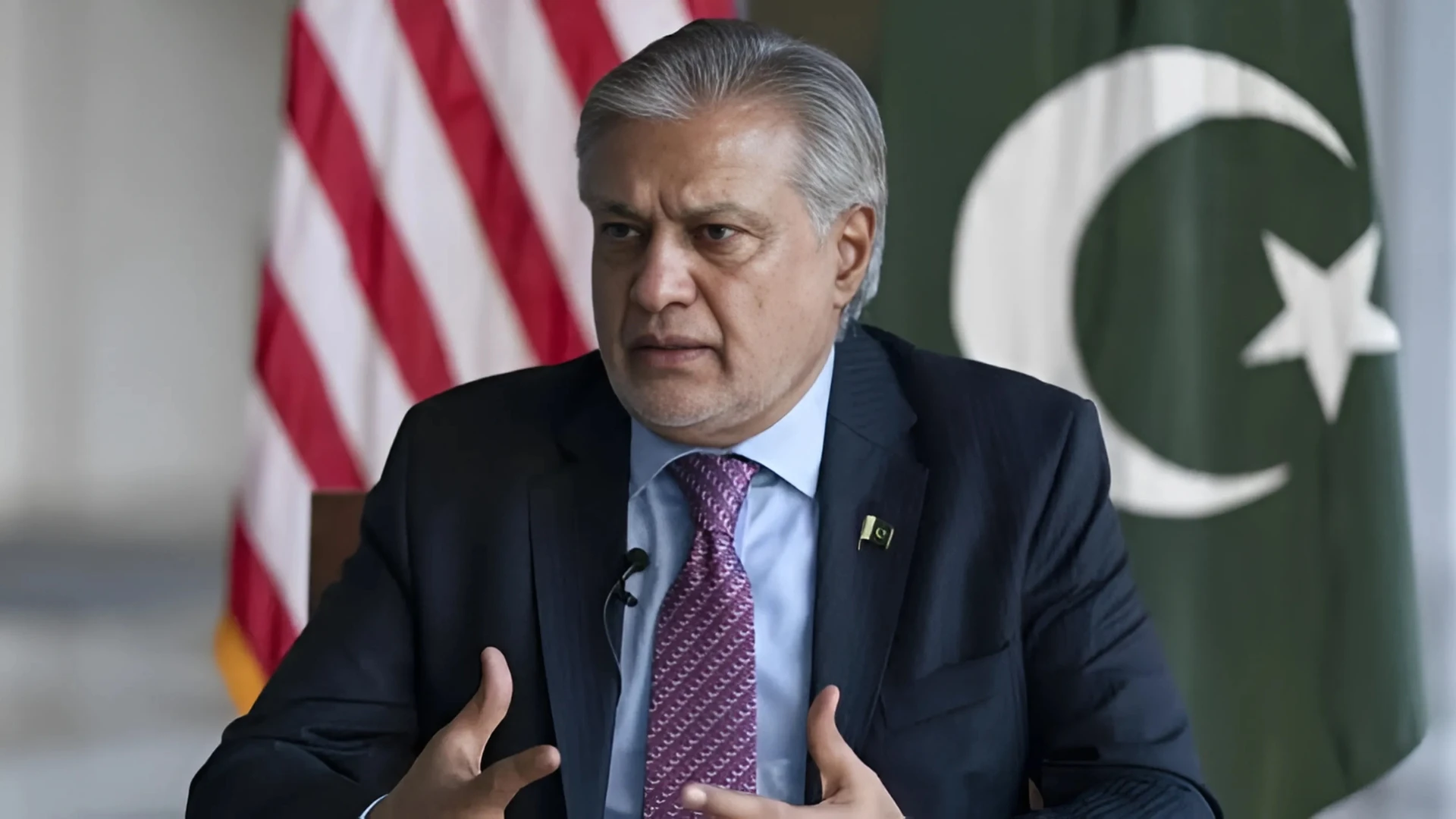Islamabad: The federal cabinet, under the leadership of Prime Minister Shehbaz Sharif, has approved proposed amendments to the Civil Servants Act 1973, making it mandatory for government officials (BPS-17 to 22) to disclose their assets along with those owned by their family members.
According to reports, the amendments to Section 15 of the Civil Servants Act 1973 will require public servants to declare their assets held in foreign countries. Similarly, officials will be obliged to disclose their wealth and investments in other parts of the world.
Sources indicate that once the Federal Board of Revenue (FBR) completes its digitization process, taxpayers will also be required to provide details of their foreign investments and properties. The government is expected to pass legislation on this matter by the end of this month to ensure that asset declarations of high-ranking officials (BPS 17-22) are filed digitally with strong data protection measures while being publicly accessible.
During the cabinet meeting, Prime Minister Shehbaz Sharif highlighted his government's relentless efforts to achieve sustainable economic growth through enhanced productivity and industrial development. He also referenced his discussions with the Managing Director of the International Monetary Fund (IMF) in Dubai, who appreciated Pakistan’s efforts in implementing the IMF program and achieving key economic indicators.
The Prime Minister called the IMF chief’s recognition encouraging and reiterated Pakistan’s strong stance on the Palestinian issue during the Dubai Summit. He condemned the tragic loss of over 50,000 innocent Palestinian lives and expressed deep sorrow over the recent migrant boat tragedy off the coast of Libya. He directed the relevant authorities to take decisive action to prevent such human trafficking incidents in the future.
Additionally, the cabinet strongly condemned the irresponsible statements made by the Israeli Prime Minister and reaffirmed Pakistan’s commitment to protecting Saudi Arabia’s sovereignty.
The cabinet also approved a new policy aimed at ensuring religious harmony and tolerance in the country, presented by the Ministry of Religious Affairs. A subcommittee had reviewed and recommended an action plan to promote interfaith harmony. The policy includes awareness campaigns, dialogues, and conferences, along with measures to curb hate speech and sectarian literature.
Furthermore, the cabinet approved the appointment of Laila Ilyas Kalpana and Satwant Kaur as female members of the Evacuee Trust Property Board.
Prime Minister Shehbaz Sharif also emphasized that providing essential goods at affordable prices remains the government's top priority. He instructed authorities to devise a comprehensive strategy to ensure the availability of food items at lower prices during the holy month of Ramadan.
Among other key decisions, the cabinet approved the appointment of Dr. Hassan Al-Amin (BS-21) as Director of the National Institute of Pakistan Studies at Quaid-e-Azam University, Islamabad, on the recommendation of the Ministry of National Education and Vocational Training.
Additionally, Tahira Raza was appointed as a non-executive member of the State Bank of Pakistan for a five-year term upon the recommendation of the Ministry of Finance.
The cabinet also gave the green light to the initial draft of the convention between the federal government and Iraq on the elimination of double taxation on income and capital. Measures to prevent tax evasion and non-compliance were also approved.








